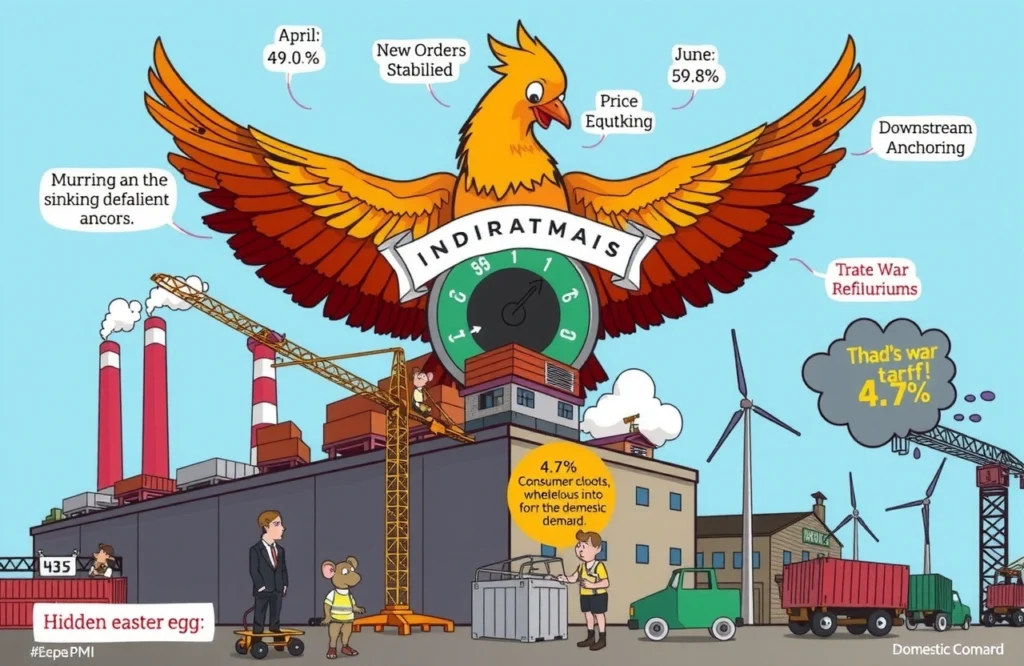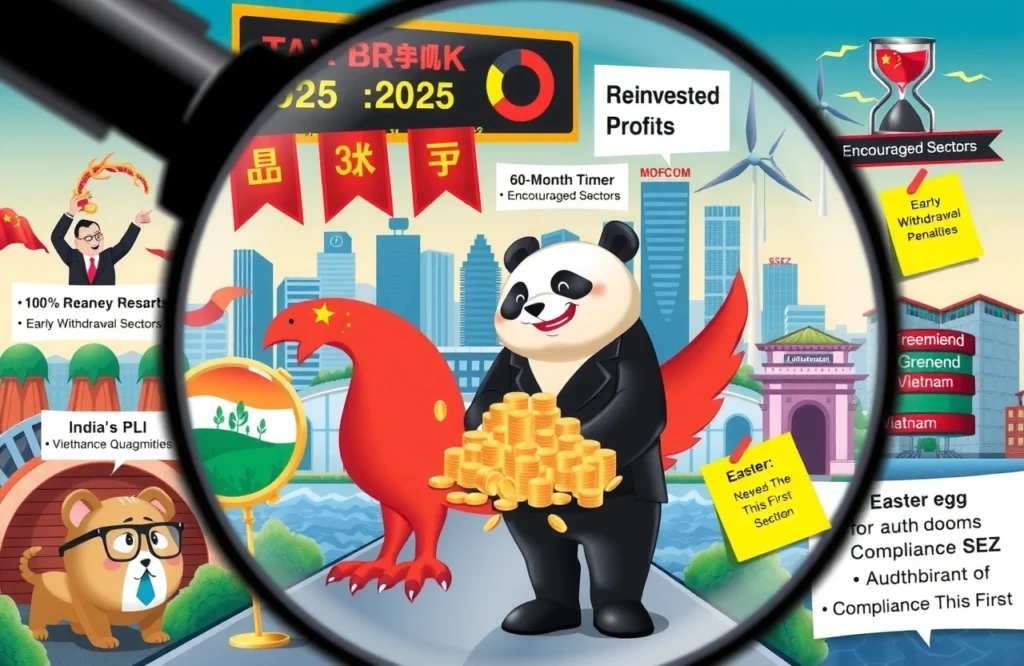A Strategic Move for Global Capital Flows
China’s State Administration of Foreign Exchange (SAFE) made headlines by allocating $3.08 billion in investment quotas through its Qualified Domestic Institutional Investor (QDII) program. Announced on June 30, 2025, this expansion raises the cumulative approved QDII allocation to $170.87 billion—reinforcing Beijing’s commitment to orderly capital account liberalization. This injection arrives amid rising demand for international asset diversification among Chinese investors.
Understanding QDII: Gateway to Global Markets
The QDII program permits licensed Chinese institutions to invest offshore within regulated quotas. Established in 2006, it enables investors to access overseas equities, bonds, and funds via domestic asset managers.
Mechanics of the QDII Framework
-
– Quota approval based on institution size and compliance record
– Dedicated foreign currency accounts for cross-border settlements
– Multilateral oversight covering disclosure, custody, and risk controls
Historical Evolution
SAFE has progressively increased quotas since 2013 after an early freeze during the global financial crisis. This $3.08 billion allocation continues the trend of calibrated expansion, balancing market demand with systemic safety—embodying China’s “financial opening with security” philosophy.
Breaking Down the Latest Allocation
The new quotas benefit undisclosed asset managers and securities firms meeting SAFE’s stringent operational criteria. Comprehensive records can be viewed via SAFE’s official QDII directory.
Current Statistics and Impact
-
– Total approved institutions: 191
– Cumulative quota: $170.87 billion
– Allocation scale: Largest single increment since Q1 2024
Strategic Rationale Behind the Quota Expansion
Meeting Investor Demand for Diversification
Growing appetite for overseas assets drives this QDII quota allocation. With domestic property turbulence and A-share volatility, Chinese households increasingly seek offshore exposure. UBS data shows mainland investors allocated 17% more capital to global equities year-to-date versus 2024.
Accelerating Financial Market Opening
Beijing strategically leverages QDII expansions to advance renminbi internationalization. This quota allocation complements inbound investment channels like QFII/RQFII—establishing dual circulation capital flows. Citic Securities analysts note this systematically reduces “one-way opening” vulnerabilities while boosting yuan pricing influence.
Institutional Perspectives on Market Implications
Leading financial players highlight transformative opportunities enabled by this QDII quota allocation.
Asset Management Enhancement
CICC emphasized in its research note: “This QDII quota allocation provides essential capacity for serving clients’ cross-border allocation needs.” It enables product innovation in thematic ETF tracking overseas renewable energy and AI stocks.
Competitiveness Catalyst
Zhang Liping, general manager at China Merchants Securities QDII department, observes: “Handling larger quotas forces managers to upgrade currency hedging tools and global research networks—bridging capability gaps versus international peers.”
Risk Management Imperatives
SAFE’s Prudential Stance
Officials reiterated post-allocation supervision upgrades: “We will intensify monitoring of cross-border flows while pushing openness.” Post-allocation surveillance includes semi-annual portfolio reviews and liquidity stress testing.
Investor Protection Protocols
-
– Foreign exchange derivative disclosures mandated
– Concentration caps on single-asset exposures
– Weekly position reporting for high-volatility securities
The Path Ahead for China’s Capital Markets
Projected Quota Trajectory
Synchronized with Beijing’s 2025 financial reforms roadmap, analysts forecast annual QDII quota allocations exceeding $15 billion through 2027. Priority beneficiaries include fintech-focused managers and pension funds seeking long-term overseas holdings.
Global Integration Effects
This QDII quota allocation may redirect $8-12 billion into Hong Kong and U.S. equities within 12 months, Morgan Stanley projects. Secondary effects include heightened Chinese participation in emerging market bonds and sustainable infrastructure funds globally.
Key Takeaways and Investor Guidance
SAFE’s $3.08 billion decision marks a tactical advance in China’s financial integration strategy. The QDII quota allocation offers accredited investors broader diversification channels while pressuring domestic managers to benchmark against global standards.
Investors should monitor SAFE announcement platforms for new QDII-fund registrations. Consultation with licensed advisors is essential for navigating currency risks and jurisdiction-specific regulations when accessing these products.




